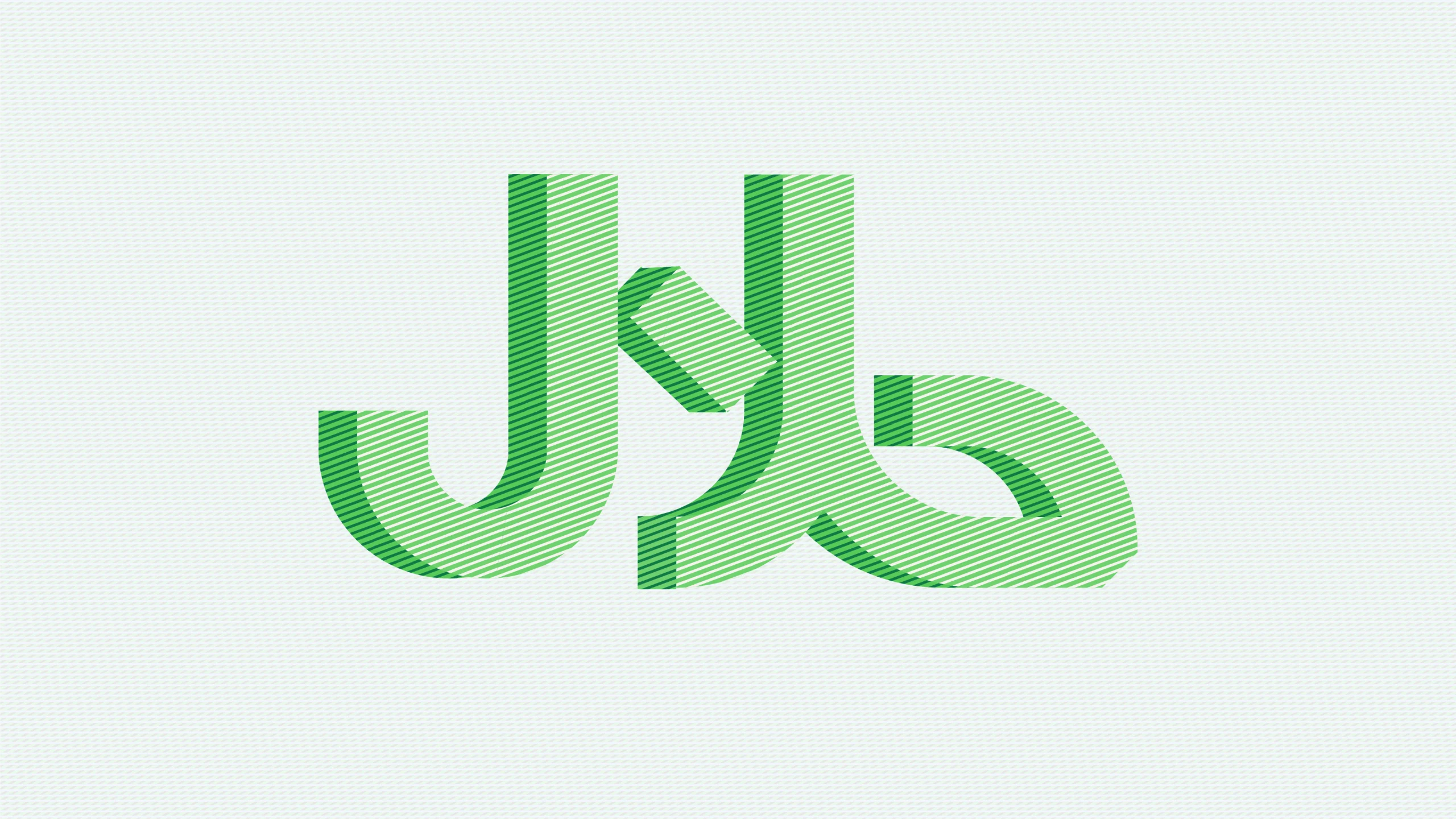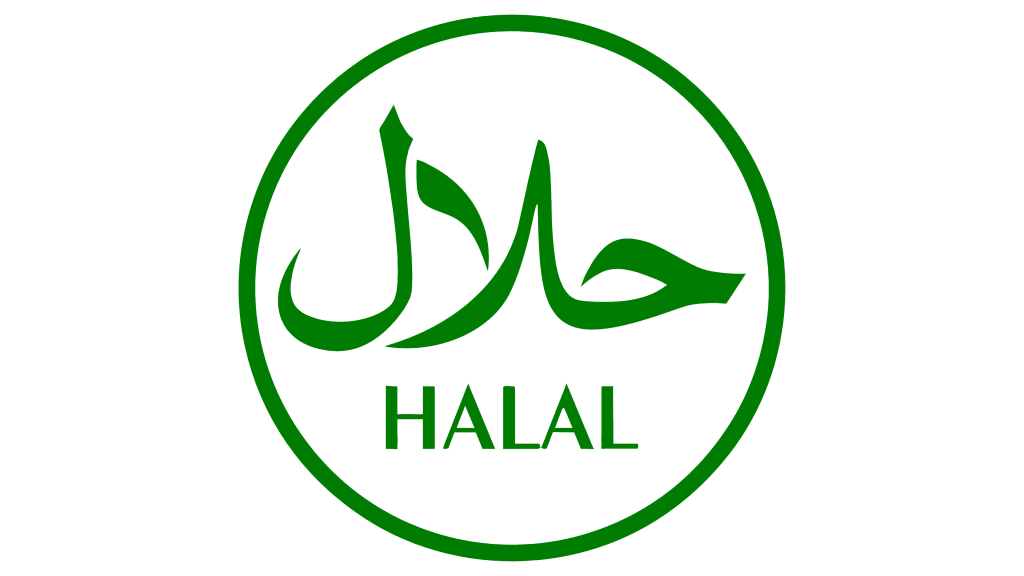
Halal Certification
In its literal sense, Halal signifies “permissible” in Arabic; and in the context of this article, it pertains to food products authorized for consumption according to Sharia law.
Haram, on the other hand, connotes substances that are prohibited from being consumed.
In our present-day society, the significance of obtaining Halal certification goes beyond its religious connotation. It plays a crucial role not only in the decisions made by consumers but also in the prosperity of businesses.
This article explores Halal certification’s importance for consumers and businesses and its influence on the overall market environment.
What is Halal Certification?
Halal certification is the process through which a product or service is affirmed to comply with Islamic law principles.
In Arabic, “halal” signifies “lawful” or “permissible.” The certification holds significance for Muslim consumers as well as businesses.
Halal Global Market
The global Muslim population is estimated to be 2 billion, or 24.9% of the world’s population. This means a large and growing market for Halal products and services.
Muslim-majority countries, such as Indonesia, Pakistan, and Bangladesh, have a significant proportion of the global Muslim population. These countries also have a growing middle class, driving demand for Halal products and services.
Halal certification can help businesses to access these markets, and build relationships with Muslim consumers.
For example, a food manufacturer in the United States wants to export its products to Indonesia. The manufacturer obtains Halal certification for its products, which allows it to sell its products in Indonesia. This helps to avoid legal liability while increasing market access and boosting sales.
Benefits of Halal Certification
- It guarantees that the products consumers purchase are safe and permissible to consume by Islamic law. This is particularly significant for Muslims who abide by Islamic dietary guidelines.
- It assures the consumers that the products have been manufactured compassionately and ethically, a concern many share.
- Halal certification allows businesses to enter new markets and enhance sales. The global Halal market is rapidly growing and is estimated to exceed $2 trillion. Businesses that obtain Halal certification can tap into this expanding market and attract Muslim consumers.
- The certification can enhance a business’s reputation and brand image. There is increased confidence in the brand or company that is Halal-certified.
- It can help businesses avoid legal liability. In some countries, it is illegal to sell non-Halal products. By obtaining Halal certification, businesses can protect themselves from legal issues.
- Halal certification can help businesses to improve their customer service. Muslim consumers are more likely to patronise businesses that are Halal-certified. Businesses can also show their commitment to serving Muslim consumers by obtaining Halal certification.
Process of Obtaining Halal Certification
1. Identify a Halal certification body
There are many different Halal certification bodies worldwide, each with its own standards and procedures. Choosing a certification body accredited by a recognized international organization, such as the World Halal Council (WHC), is important.
2. Submit an application and provide documentation
The documentation will vary depending on the product or service you want certified. However, it typically includes information about the ingredients, manufacturing process, and distribution channels.
3. Undergo an audit by the certification body
A team of experts in Halal standards will conduct the audit. The auditors will review your documentation and inspect your facilities to ensure your products or services meet all requirements.
If the audit is successful, the certification body will issue a Halal certificate. The certificate will be valid for a specific period, after which you must renew it.
Halal certification extends its reach across food, cosmetics, and pharmaceuticals. It affirms that a product is crafted strictly with Islamic law principles, completely devoid of any elements deemed prohibited and has remained entirely untouched by any substances or items considered unclean.
Obtaining Halal certification can be a time-intensive process. Still, it yields benefits for businesses seeking to target the Muslim market.
Types of Halal Certification
There are two types of Halal certifications:
1. Site registration certificate
This certificate is issued to a plant, food establishment, production facility, or any food handling establishment inspected and approved by a Halal certification body. It signifies that the establishment meets the standards to produce and serve Halal foods.
2. Product certification
This certificate is issued to a specific food or quantity inspected and approved by a Halal certification body. It specifies that the food meets Halal standards.
The site registration certificate is typically required for food establishments that handle or process Halal food. Product certification is required for food products sold as Halal.
How Does Halal certification ensure adherence to specific dietary and ethical standards?
Halal certification is based on the Islamic dietary guidelines, which prohibit the consumption of certain foods and drinks, such as pork, alcohol, and blood.
Halal food must also be prepared in a way consistent with Islamic law, which means that it must be slaughtered humanely and that no alcohol or other prohibited substances can be used in its preparation.
The Halal certification process involves a rigorous assessment of the products or services to ensure they meet all requirements. This assessment typically includes reviewing the processes, inspection of materials, and staff interviews.
In addition to dietary restrictions, Halal certification also considers ethical considerations, such as animal welfare.
Halal animals must be slaughtered ethically and not be subjected to unnecessary suffering. The certification body will also ensure that the animals are not fed any prohibited substances, such as pork or alcohol.
The Halal Logo and its Significance

The Halal logo is a green circle with the Arabic word “HALAL” written inside it. It indicates that a product or service has been certified as Halal, meaning it is permissible to consume it according to Islamic law. The Halal logo is essential for consumers to identify Halal products and services.
The Halal logo goes beyond being a mere symbol – it embodies principles. Customers perceive it as an indicator of excellence, cleanliness, and commitment to rigorous criteria. This reliance results in total trust when making product investments, nurturing loyalty to brands, and prioritizing Halal principles.
Conclusion
Halal certification is a thorough process that ensures that products and services comply with the highest dietary and ethical standards. Still, it is worth it for businesses that want to reach the Muslim market and build trust with Muslim consumers.
Halal Investments on Cowrywise
Halal investment is an inclusive investment option on Cowrywise for Muslims who consider certain social welfare and moral standards when investing. It encourages Muslims to invest responsibly and ethically.
Watch this video on how to start investing the halal way on Cowrywise:
Ready to start building wealth according to your values?
Create a Halal account now.
RELATED
Halal Accounts: Build Wealth According to Islamic Values
